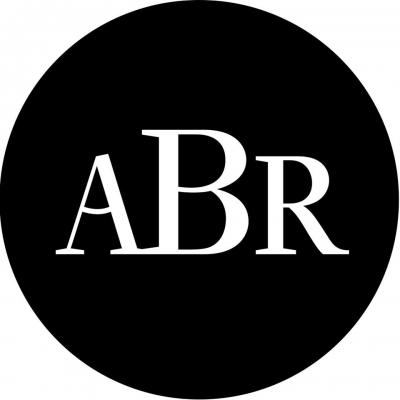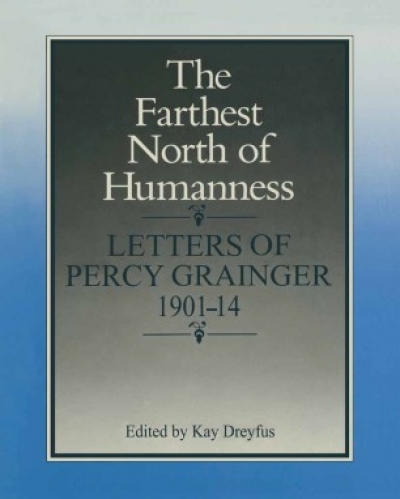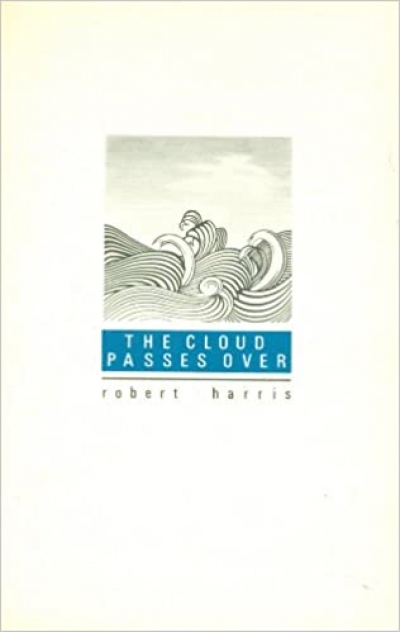Archive
It is Sunday and that is all it is. I have just read the Australian. It is not Australian. It is The Cringe. I have struggled to like Phillip Adams for years; I liked him when he was Phillip Adams – I guess he did too. He worships Mammon when he once seemed to worship cries in the street and whispers from above. No God in him.
... (read more)Penguin Books, which has just celebrated its fiftieth birthday, is widely known through its paperback publishing as the great populariser of literature in the English language.
... (read more)The Farthest North of Humanness: Letters of Percy Grainger edited by Kay Dreyfus
The Night We Ate the Sparrow: A memoir and fourteen stories by Morris Lurie
As managing direction of the English publishing house, Chatto & Windus, expatriate Australian Carmen Callil has been described as the bête noire of Australian publishing. She had been invited to Australia for Writers Week at the Adelaide Festival. She left slightly annoyed and hurt that she had been cast in a predatory role when her interest in Australian writing stemmed from her own sense of Australianness.
... (read more)








